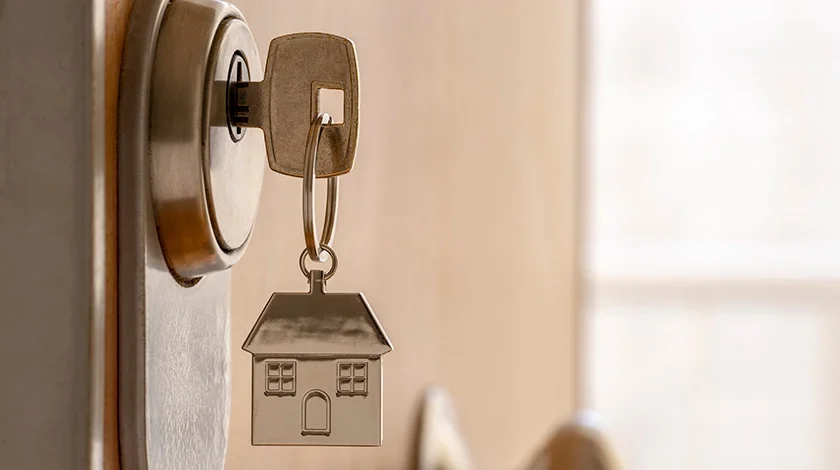With the increased cost of living, more Australians are looking for ways to rent their property, including Airbnb. Airbnb is a form of short-term rental accommodation. To add your property to Airbnb in NSW, you are required to meet several laws and regulations governing short-term rentals.
Code of Conduct
On 18 December 2020, NSW Fair Trading released a Code of Conduct for the short-term rental accommodation industry (the Code). The Code creates rights and obligations that all parties to a short-term rental must obey. Additionally, it has created a complaints and enforcement process.
People or entities listing their property on Airbnb are called hosts. Hosts have obligations to their guests and neighbours under the Code that include that:
- the premises be in a state similar to the representations made when advertising or listing the premises for rent;
- they must hold insurance that covers their liability for any third-party injuries and death at the short-term rental premises;
- they must provide guests with a copy of the Code and any by-laws that apply to the premises;
- the occupants of the units directly neighbouring the premises and the Owners Corporation (or community association) be informed that the premises is being used for short-term rentals.
These are some of the main obligations however, a host must ensure they have read and understand the Code’s requirements.
Registration on the short-term rental accommodation register
The NSW Department of Planning and Environment has developed a short-term rental accommodation register. All properties being used for short-term rentals must be registered via the online planning portal.
An associated fee of $65 is payable upon initial registration of your premises, with an annual renewal fee of $25. Registration is required to confirm compliance with the short-term rental fire safety standards. These are set out in the Environmental Planning and Assessment (Development Certification and Fire Safety) Regulation 2021 (NSW) (the Fire Safety Regulations).
The Fire Safety Regulations provide for the safety of guests who may be less familiar with the premises. There are regulations related to smoke and heat alarms, egress doors, portable fire extinguishers, fire blankets and evacuation diagrams. These requirements should be upheld by the host prior to registering on the short-term rental accommodation register and listing the property for rent.
Be aware of by-laws
It is important to review your by-laws if your apartment is situated in a strata building as Owners Corporations can pass by-laws prohibiting short-term rentals. The denial of short-term rentals through the by-laws is restricted to some extent by section 137A of the Strata Schemes Management Act 2015 (NSW). Under this section, a by-law has no force or effect to the extent it seeks to prevent a premises from being used for the purposes of a short-term rental if the premises is the principal place of residence of the person who, pursuant to the arrangement, is giving another person the right to occupy the lot.
By-laws can also provide a formal application process that needs to be followed for Owners Corporations to approve short-term rentals. The application will usually require the owner to include details regarding the lot, a list of platforms that the lot will be listed on, any details of agents that are used and sometimes an administrative fee.
How Coleman Greig can help
For advice about short-term rentals in a strata building, please contact our Strata team at Coleman Greig Lawyers.














